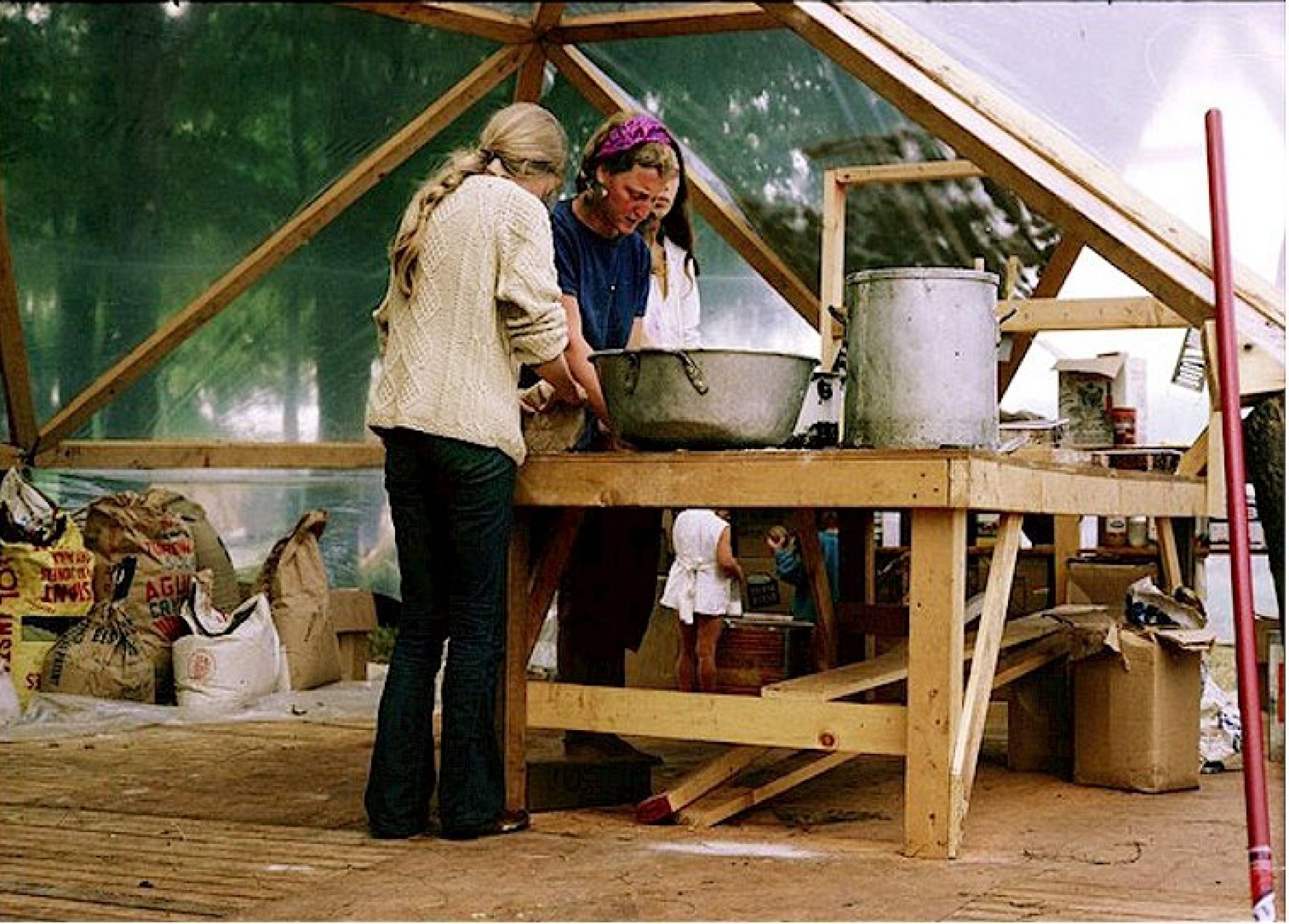In passage five of the section “Where I Lived, and What I Lived” in Walden, by Henry David Thoreau, he seems to be talking about productivity here, in reference to his seeds and how when he does decide to plant them, in time, he will likely be satisfied from what they bring, instead of hastily planting seeds that may not sprout without the intended patience and placement. I think this carries through to his view on people, which he goes on to recommend that people live free and uncommitted to the mechanism of daily life because it makes little difference.
Little difference in what? The whole of humanity? That seems to be what Thoreau is pointing towards with his words. I understand his point that, people should be patient with their application to this world, and not be eager to settle into routine for the sake of hastily doing something. Rather, people do not need to worry about that in Thoreau’s eyes. Maybe he isn’t telling people that they should avoid working or routines, but rather they shouldn’t blindly commit themselves to a job or routine. Maybe he is saying that people do need to work to sustain theirs and others lives, but that they should remain open to whatever is needed at the time and not be concerned with over compensating with their labor. After all, Thoreau isn’t too concerned with maintaining a society, but he is concerned with humans maintaining their connection to nature.
Is this sustainable or unsustainable thought? That would be a good debate! I believe that adapting to the idea of not working unless needed could work but only in a cooperative society where all people socialize and perform tasks together.
